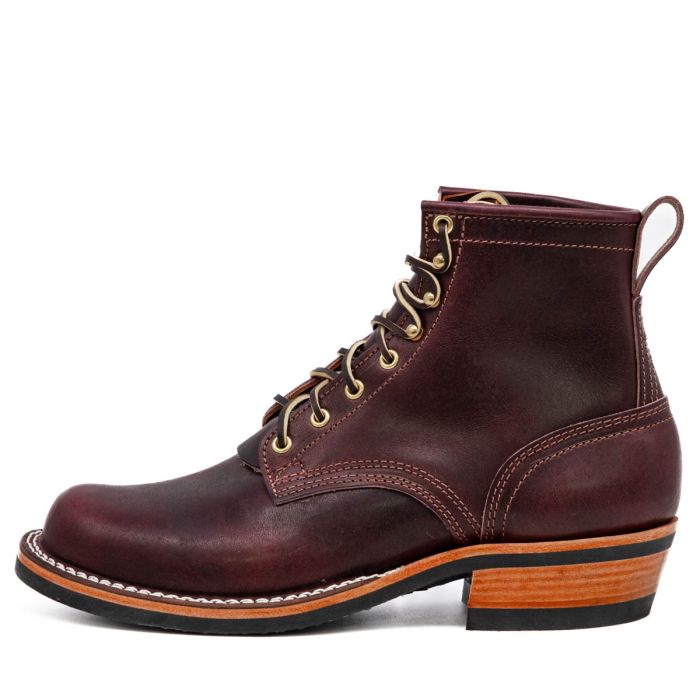Holdfast
Stylish Dinosaur
- Joined
- Mar 10, 2006
- Messages
- 10,559
- Reaction score
- 6,354
This thread popped up on the Styleforum Robot news round-up, so forgive a random visit from the CM part of the board.
I don't believe in mercantilism and/or protectionism, so assuming identical product, I wouldn't pay extra for a Made in UK product (subbing in my home). Having said that, I do sometimes pay extra for a specific country if I think the product is better - even if more objectively that may not always be the case - or even if I just happen to like the brand image; it's fun to be frivolously shallow occasionally! I guess what I'm saying is that I will pay extra for added value, even if the added value is simply illusory/perceived as I suspect it frequently is. But that's not exactly what Teger is asking, so I voted no to the poll.
(if I was going to be very cynical, I'd suggest that even those buying domestic-made products for high moral reasons are frequently acting out of perceived rather than real added value as the incremental effect of a single purchase is not going to influence a multinational's sourcing decisions or impact on historical worker injustices. But of course I suppose it can made a financial difference to micro-sized domestic companies, and naturally if enough people are swayed by your moral stance to act similarly, larger effects can occur, so I will subsume my worldweary nature and not really engage lengthily on that argument. )
)
I don't believe in mercantilism and/or protectionism, so assuming identical product, I wouldn't pay extra for a Made in UK product (subbing in my home). Having said that, I do sometimes pay extra for a specific country if I think the product is better - even if more objectively that may not always be the case - or even if I just happen to like the brand image; it's fun to be frivolously shallow occasionally! I guess what I'm saying is that I will pay extra for added value, even if the added value is simply illusory/perceived as I suspect it frequently is. But that's not exactly what Teger is asking, so I voted no to the poll.
(if I was going to be very cynical, I'd suggest that even those buying domestic-made products for high moral reasons are frequently acting out of perceived rather than real added value as the incremental effect of a single purchase is not going to influence a multinational's sourcing decisions or impact on historical worker injustices. But of course I suppose it can made a financial difference to micro-sized domestic companies, and naturally if enough people are swayed by your moral stance to act similarly, larger effects can occur, so I will subsume my worldweary nature and not really engage lengthily on that argument.
Last edited:


